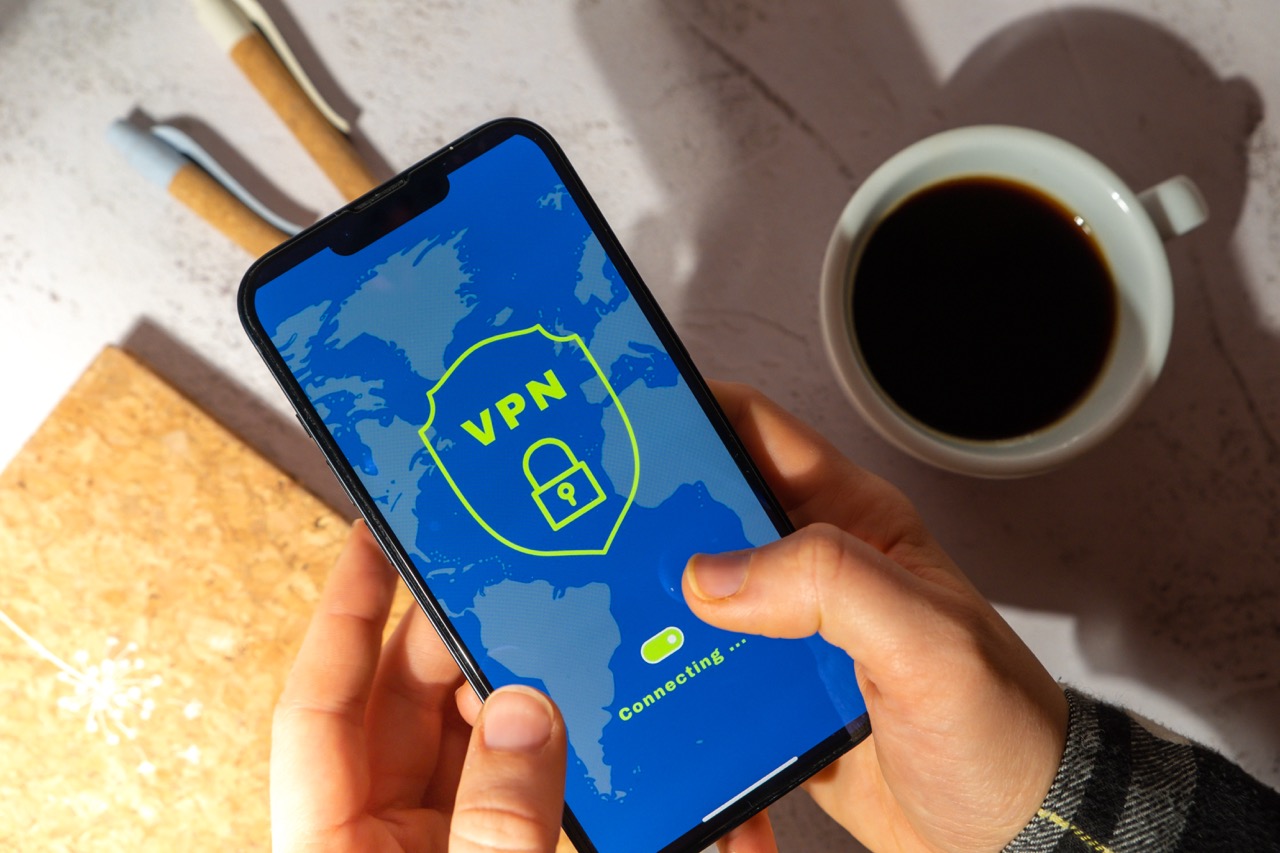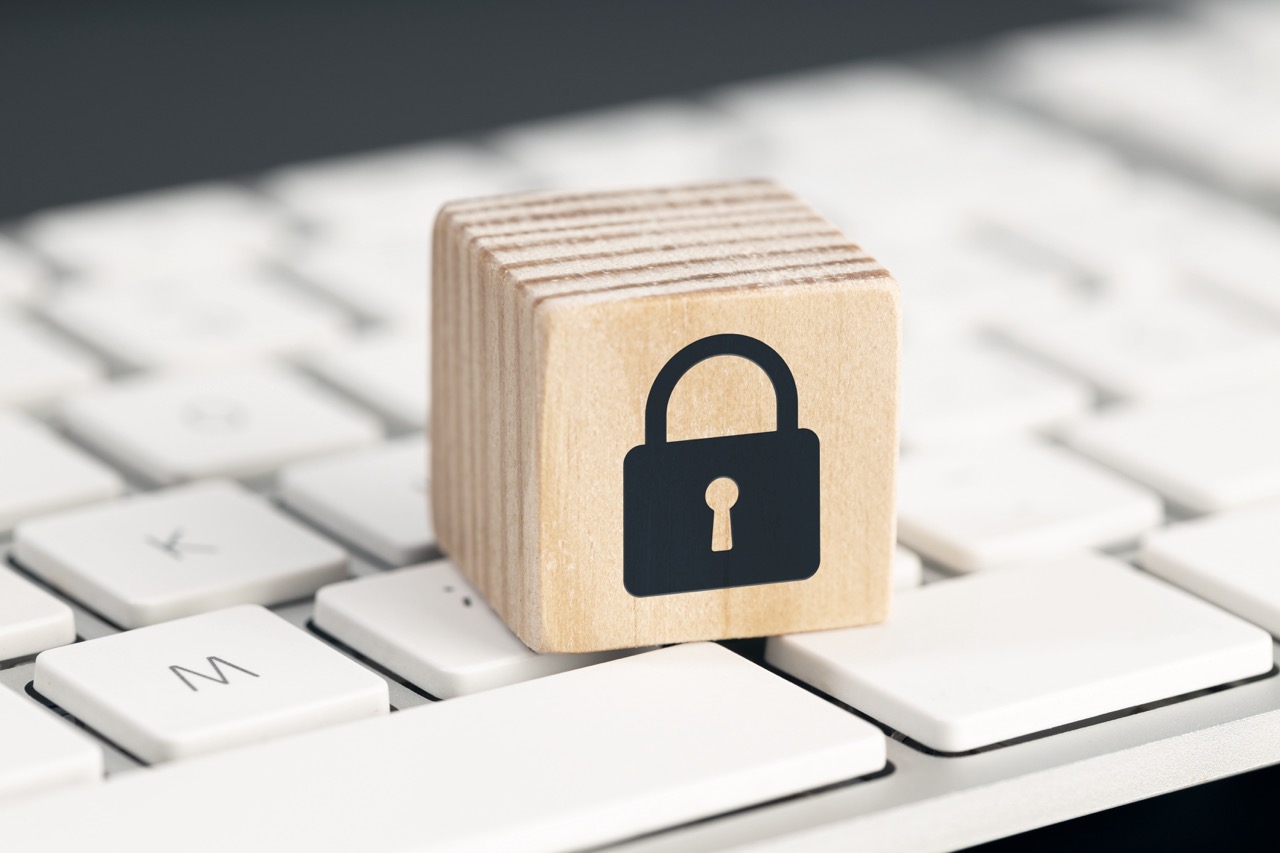In the rapidly evolving landscape of digital media consumption, understanding copyright laws and the role of Virtual Private Networks (VPNs) is crucial for both content creators and consumers. Copyright laws serve to protect the rights of creators, ensuring they can control their work and receive compensation for its use. On the other hand, VPNs provide a means of enhancing online privacy and security, often raising questions about their implications concerning copyright law. This article aims to elucidate the complexities surrounding copyright laws and VPNs, detailing what individuals and organizations need to know to navigate this intricate field.
Understanding Copyright Laws: Key Concepts and Principles
Copyright law is designed to protect original works of authorship, including literature, music, film, and software, from unauthorized use. Under these laws, the creator or copyright holder retains exclusive rights to reproduce, distribute, and display their work. Copyright protection typically lasts for the life of the author plus an additional 70 years, allowing the holder to control how their work is shared and monetized. The fundamental principles of copyright revolve around the concepts of originality, fixation, and expression, all of which define what can be protected under the law.
One critical aspect of copyright law involves the concept of "fair use," which allows for limited use of copyrighted material without permission from the copyright owner. Fair use is often determined by evaluating factors such as the purpose of use (commercial vs. educational), the nature of the copyrighted work, the amount used, and the effect on the market value of the original work. Understanding these nuances is essential for individuals and organizations to ensure they do not inadvertently infringe upon copyright protections.
Moreover, copyright laws vary by jurisdiction, meaning that what is permissible in one country may not be in another. This complexity necessitates a thorough understanding of both local and international copyright treaties, such as the Berne Convention and the Digital Millennium Copyright Act (DMCA). As technology continues to advance and the ways in which content is consumed evolve, remaining informed about copyright laws becomes increasingly important for all stakeholders in the digital sphere.
The Role of VPNs in Digital Privacy and Security
Virtual Private Networks (VPNs) serve a crucial role in enhancing digital privacy and security by encrypting users’ internet connections and masking their IP addresses. This technology allows users to browse the internet anonymously and access geographically restricted content by routing their connection through servers located in different countries. With the increasing concerns over data privacy and surveillance, VPNs have gained popularity among individuals and organizations seeking to protect their sensitive information from potential breaches.
In addition to providing privacy, VPNs can also safeguard against malicious attacks, particularly in unsecured networks such as public Wi-Fi. By encrypting data transmitted over the internet, VPNs can protect users from various cyber threats, including hacking and phishing attempts. For businesses, employing VPNs can ensure secure remote access for employees, enabling them to connect to company networks without exposing sensitive data to potential cyber threats.
Despite their advantages, VPNs are not a panacea for online security. Users must be aware that not all VPN services are equal, and some may log user data or provide inadequate encryption. Thus, selecting a reputable and transparent VPN provider is essential to maximally benefit from this technology while minimizing security risks. Furthermore, users must remain cognizant of the legal implications surrounding VPN use in relation to copyright laws.
Legal Implications of Using VPNs for Copyrighted Content
While VPNs can provide a layer of anonymity, their use in accessing copyrighted content can lead to complex legal implications. Many users employ VPNs to bypass geographic restrictions on streaming services or to download pirated content without revealing their identity. However, this practice can expose users to significant legal repercussions, including fines and lawsuits from copyright holders. Courts have increasingly held individuals accountable for copyright infringement, regardless of the anonymity offered by VPNs.
The key legal concern regarding VPNs is that they can create a false sense of security among users who believe that their online activities are entirely concealed. However, VPN companies can be compelled to disclose user information in response to legal requests, particularly in jurisdictions with strict copyright enforcement. As a result, users utilizing VPN services to engage in unauthorized access or distribution of copyrighted material may still face legal action if their identities are revealed through logs or other data collected by the VPN provider.
In addition to the potential for legal action against users, VPNs are also scrutinized by regulatory bodies. Governments may impose restrictions on the use of VPNs in certain jurisdictions, particularly where copyright enforcement is a priority. It is essential for users to stay informed about their local laws and the policies of the VPN providers they choose to use.
Jurisdictional Challenges: Copyright Laws and VPNs
One of the most significant challenges in navigating copyright laws in the context of VPN use is the issue of jurisdiction. Copyright laws are often enforced based on the location of the copyright holder and the infringer. When individuals use VPNs to mask their location, determining the applicable jurisdiction becomes complex. As a result, copyright enforcement can be hampered by the anonymizing effects of VPNs, leading to a patchwork of legal interpretations and enforcement actions.
In practice, this means that a user in one country may access copyrighted content that is legally restricted in their jurisdiction by connecting to a VPN server located in another country where such access is permissible. This situation leads to ongoing debates about the authority of copyright holders to enforce their rights across borders and the effectiveness of current laws in addressing online infringement. As jurisdictions grapple with these challenges, the legal landscape surrounding VPNs and copyright is likely to remain in flux.
Additionally, international treaties and agreements play a crucial role in shaping how copyright laws are enforced globally. Organizations such as the World Intellectual Property Organization (WIPO) work to harmonize copyright regulations and improve enforcement mechanisms. However, the rapid pace of technological advancements means that these legal frameworks often lag behind, creating further jurisdictional complications. Stakeholders must be proactive in understanding the implications of using VPNs within the context of international copyright law to mitigate potential legal risks.
Best Practices for Compliance with Copyright Regulations
To navigate the complexities of copyright laws while using VPNs, individuals and organizations must adopt best practices that ensure compliance. First and foremost, users should familiarize themselves with the copyright laws in their respective jurisdictions. Understanding what constitutes fair use, the nature of copyrighted material, and the scope of permissible access can significantly reduce the risk of infringement.
Second, it is important to choose reputable VPN providers that prioritize user privacy and comply with legal standards. Users should opt for services that have clear privacy policies, refrain from logging user activity, and are transparent about their data management practices. Engaging with VPN providers that have a track record of protecting user data can bolster security while minimizing potential legal risks.
Lastly, individuals should avoid using VPNs as a tool to engage in illegal activities, such as downloading or distributing pirated content. Instead, users should leverage VPN technology to enhance their online privacy and secure access to legitimate content. By adhering to copyright regulations and using VPNs responsibly, users can enjoy the benefits of online security without falling afoul of the law.
Future Trends: Copyright Law Evolution in a VPN Era
As technology continues to evolve, copyright law is likely to undergo significant changes in response to the widespread use of VPNs and other anonymizing technologies. One emerging trend is the increased focus on digital rights management (DRM) technologies that aim to prevent unauthorized access to copyrighted material. Content providers may invest more in advanced DRM solutions to protect their intellectual property, which may include tightening access controls and monitoring user behavior more closely.
Moreover, there is a growing recognition of the need for international cooperation in enforcing copyright laws across borders. As VPNs facilitate cross-border access to content, jurisdictions may work together to establish comprehensive legal frameworks that address the challenges posed by digital technologies. This could entail updating existing treaties or creating new agreements that specifically address the relationship between VPN usage and copyright infringement.
Finally, as public awareness of digital privacy and copyright issues increases, there may be a shift in societal attitudes toward copyright enforcement. Users might demand more transparency from content providers regarding licensing agreements and fair use policies. This evolving landscape suggests that both copyright holders and users will need to adapt and find a balanced approach that protects intellectual property rights while fostering a fair and open digital environment.
In conclusion, navigating the intersection of copyright laws and VPN technology requires a nuanced understanding of both fields. As VPNs continue to provide users with privacy and security benefits, it is essential for individuals and organizations to remain informed about the legal implications of their use, particularly in relation to accessing copyrighted content. By adhering to best practices and staying aware of evolving legal frameworks, stakeholders can responsibly engage with digital media while respecting the rights of copyright holders. As we move forward, ongoing dialogue and collaboration among policymakers, content creators, and users will be vital in addressing the challenges posed by new technologies in the realm of copyright law.










